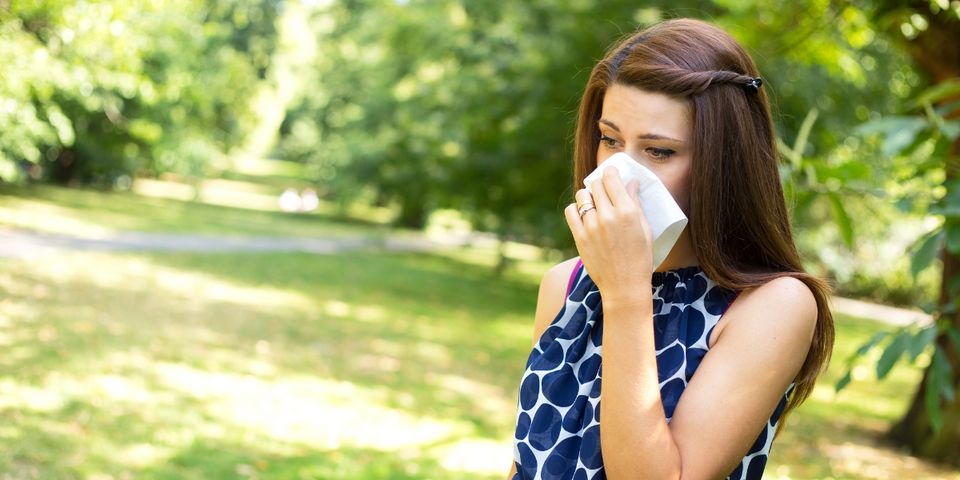
The most colorful season is also one of the worst for allergies. As plants bloom during spring, they release pollen that coats every surface it touches, including cars, clothing, and outdoor furniture. If it floats inside through open windows and doors, it can cover interior furniture, countertops, tables, flooring, and assorted decor. Prescriptions manage spring allergies, as do other tactics you’ll learn about here. Use this guide to alleviate your allergies and get more from the warm, sunny season.
A Quick Guide to Springtime Allergies
Causes & Symptoms
When trees, weeds, flowers, and grasses release pollen to fertilize other greenery, they trigger allergic reactions in susceptible individuals. People with pollen allergies have immune systems that mistake the substance as a foreign invader and trigger antibodies that move to bodily cells, resulting in histamine chemical releases. Histamines cause reactions such as itchy eyes, sneezing, congestion, runny nose, watery eyes, and coughing that remove pollen from the body and prevent new allergens from entering.
Diagnosis

Since pollen can travel for miles, especially when it’s windy, it might not be local particles causing allergy flare-ups. Allergy testing determines the types of pollen that affect you, which typically starts with a skin test. The doctor pricks your skin with a tiny amount of an allergen or injects a small amount under your skin to see if there’s a reaction. Patch tests, or placing several allergens on the skin and covering them with bandages to see which cause reactions, provide additional skin testing. Hives, or red welts, form when you’re allergic to a specific allergen.
If a skin test doesn’t provide enough information or isn’t possible due to a topical condition, the doctor will take a blood sample for lab review.
Treatment
Treating springtime allergies typically involves over-the-counter and prescription medication, including antihistamines that counteract histamine reactions and nasal corticosteroids you spray into your nose to relieve inflammation. Other OTC and prescription medications for allergies include leukotriene receptor tablets that block allergic reaction-triggering chemicals, drops for itchy eyes, and decongestants.
Additional treatments include nasal irrigation to clear sinus cavities and immunotherapy that gradually gets the body used to different allergens. Preventative treatments include keeping up with the daily pollen count and closing doors and windows on high count days. It also helps to change clothes and shower after being outdoors to prevent spreading pollen on clothing and hair throughout your house.
Manage springtime allergies with prescriptions from Anderson Pharmacy, the community pharmacy serving Lancaster and Berks counties in Pennsylvania since 1994. Known for tailored customer service, the local pharmacy and gift shop also sells diabetes management products, Russell Stover® chocolates, greeting cards, plush toys, and candles. Call (717) 484-2649 today with questions or learn more about prescription services online.
About the Business
Have a question? Ask the experts!
Send your question

